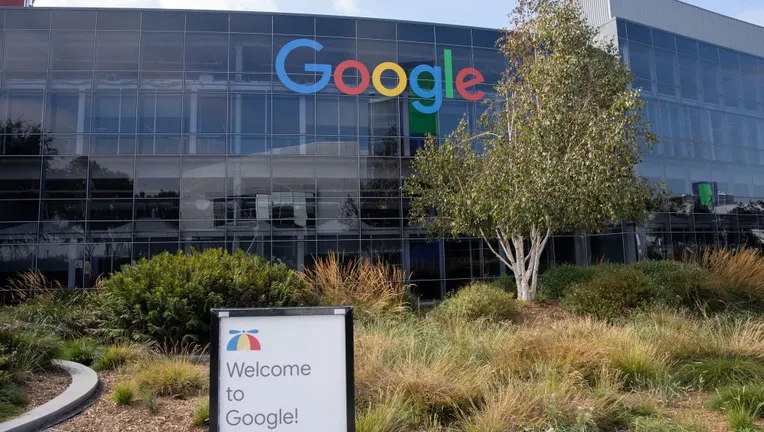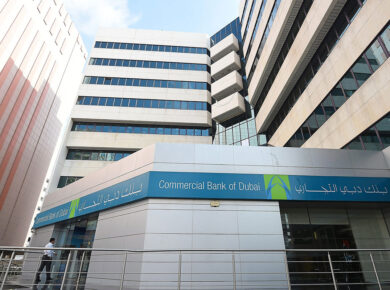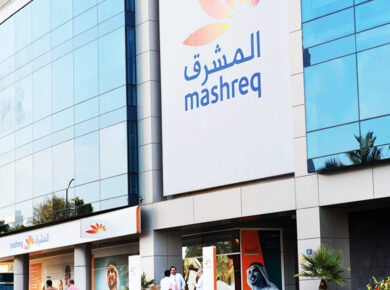Google Cracks Open the Play Store: $700 Million Settlement Paves Way for Android App Market Evolution
The walls of Google’s walled garden are starting to crumble. The tech giant, facing antitrust pressures and consumer discontent, agreed to a mammoth $700 million settlement, marking a pivotal moment for the Android app ecosystem. This isn’t just about paying fines; it’s about reshaping the very landscape of how apps are accessed and paid for on billions of devices.
The crux of the issue? Google’s Play Store, the sole gateway for most Android users to download apps. Critics, including 36 states and the District of Columbia, argued that Google abused its monopoly, forcing developers to use its in-app payment system (with hefty fees) and stifle competition from alternative app stores. The settlement, though, cracks the door open to a more open app market.
The key takeaways:
Financial Hit: Google’s wallet takes a heavy blow, with $630 million going to a consumer compensation fund and $70 million to state attorneys general. This sets a precedent for potential future antitrust fines, sending a clear message that monopolistic practices come with steep costs.
Choice Evolves: While Google’s in-app payment system remains, developers are now allowed to inform users about alternative billing methods within certain limitations. This opens the door for innovative new payment models and potentially lower fees for consumers, boosting competition and potentially driving down prices.
Innovation Ignites: With more freedom for developers, expect a wave of creativity and experimentation. Alternative app stores might gain traction, offering curated experiences and personalized app discovery. Niche developers looking for specific audiences might find new homes outside the Play Store.
The ramifications extend beyond the Android world. Antitrust regulators globally are watching closely, potentially emboldened to tackle other tech giants with walled gardens. This settlement could be a domino effect, ushering in a new era of open platforms and user empowerment.
Of course, challenges remain. The details of the consumer compensation fund and the specific limitations on alternative billing methods are still being ironed out. How developers utilize this newfound freedom and how consumers respond to these changes remain to be seen.
But one thing is clear: the Android app market is no longer a one-horse race. The Google Play Store’s walls are cracking, and a more open, competitive, and potentially innovative future beckons. This $700 million settlement might be just the catalyst for a seismic shift in the mobile app landscape, with implications felt far beyond the Android ecosystem.






jntxgt
December 31, 2024Ojvzsm
stromectol pills canada – carbamazepine 400mg without prescription order carbamazepine 200mg pill
December 31, 20244l78ur
January 8, 20258m3jwg
January 12, 2025jr84hh
January 14, 2025Fzaomh
buy isotretinoin online – isotretinoin buy online zyvox canada
January 17, 202522xh6n
January 17, 2025Zwbqmv
purchase amoxil generic – how to get diovan without a prescription buy ipratropium 100 mcg
January 18, 2025md3z4a
January 26, 2025rce1wx
January 27, 2025Liqveo
buy zithromax tablets – order tinidazole 300mg generic order nebivolol online
January 31, 2025Xuyenc
prednisolone 20mg generic – omnacortil generic order prometrium 200mg without prescription
February 2, 2025d9uvyd
February 5, 2025Oioeim
buy gabapentin 800mg online cheap – purchase gabapentin sale itraconazole medication
February 9, 2025Sfzznq
furosemide price – lasix sale order betnovate 20 gm without prescription
February 9, 2025Pupigt
order augmentin online cheap – order duloxetine 40mg online purchase cymbalta pill
February 15, 2025Zpwunx
buy vibra-tabs pill – acticlate pill buy glipizide medication
February 16, 2025gi07ey
February 19, 2025tlovertonet
The subsequent time I read a blog, I hope that it doesnt disappoint me as much as this one. I mean, I do know it was my choice to learn, however I actually thought youd have something fascinating to say. All I hear is a bunch of whining about something that you possibly can fix when you werent too busy in search of attention.
February 19, 2025rqzj2h
February 20, 2025m1rdop
February 21, 2025Apcjhc
augmentin pill – order nizoral 200 mg generic buy cymbalta online
February 23, 2025Fitzfp
buy rybelsus tablets – periactin 4 mg cheap buy periactin 4 mg for sale
February 25, 2025Uqtzlk
zanaflex oral – microzide buy online order microzide 25 mg generic
February 27, 2025nhsml3
February 28, 20256k5kyw
March 5, 2025Cnxxma
buy generic cialis 40mg – overnight delivery viagra viagra 100mg ca
March 5, 2025733zqj
March 6, 2025po3kh3
March 6, 2025Alogbq
oral viagra 50mg – buy viagra 100mg online cheap cialis 20mg generic
March 7, 2025rrk6a2
March 8, 2025w7ips4
March 11, 2025vorbelutr ioperbir
We’re a group of volunteers and opening a new scheme in our community. Your web site offered us with useful information to paintings on. You have done an impressive activity and our whole community might be thankful to you.
March 11, 2025kfcjqh
March 12, 2025Qtthwm
generic lipitor 10mg – buy generic lisinopril over the counter prinivil order
March 14, 2025Gczqwx
buy cenforce paypal – buy glucophage 1000mg sale glycomet 500mg drug
March 16, 2025Ehgsyx
buy prilosec cheap – prilosec 10mg tablet buy generic tenormin 100mg
March 21, 2025Sqnygl
buy medrol no prescription – buy aristocort cheap buy aristocort 4mg pill
March 27, 2025vp17ur
March 27, 2025tlovertonet
What’s Taking place i am new to this, I stumbled upon this I’ve found It positively useful and it has helped me out loads. I hope to contribute & aid other users like its helped me. Good job.
March 27, 2025Yduhbg
buy desloratadine pills – buy dapoxetine generic dapoxetine 60mg pills
March 29, 2025Tdvzpi
misoprostol over the counter – cheap misoprostol diltiazem brand
March 31, 2025drover sointeru
Hi there, You’ve done an incredible job. I will definitely digg it and personally suggest to my friends. I’m sure they’ll be benefited from this site.
April 1, 2025Xjsqym
buy acyclovir 800mg without prescription – order acyclovir pills cheap crestor 10mg
April 5, 2025Esclkn
motilium 10mg generic – motilium 10mg uk buy cheap cyclobenzaprine
April 8, 2025rzk1rw
April 8, 2025f0vtwj
April 9, 2025x4o1f7
April 9, 20257yrc9w
April 12, 2025Zzbogp
motilium cheap – sumycin 250mg over the counter flexeril us
April 15, 20252oons5
April 15, 2025Jaqvuo
inderal cheap – inderal 10mg canada buy methotrexate 2.5mg
April 17, 2025Vqplxp
coumadin 2mg price – buy cozaar for sale losartan 25mg without prescription
April 20, 2025Mgcbmn
levofloxacin without prescription – levofloxacin 500mg cheap zantac medication
April 23, 2025Jscqal
order esomeprazole 20mg sale – buy imitrex pill order imitrex 25mg generic
April 24, 20255i4b53
April 26, 202518t9ch
April 26, 2025Foozkr
mobic for sale – buy cheap flomax flomax 0.2mg generic
April 29, 2025siaf0l
May 3, 2025z3q5uv
May 6, 20251iv7uv
May 9, 2025sj1izw
May 16, 2025ori7o0
May 17, 2025Enrkqv
order zofran online cheap – buy ondansetron tablets buy simvastatin 10mg generic
May 17, 2025Jkuekq
buy valacyclovir 1000mg pills – order propecia 1mg without prescription diflucan 200mg uk
May 18, 2025zoritoler imol
Very interesting topic, regards for posting. “The great aim of education is not knowledge but action.” by Herbert Spencer.
May 21, 2025ayupvy
May 24, 2025anyhs4
May 28, 2025dyq6n4
May 29, 2025tnfmk
buy provigil 200mg generic order provigil 100mg pills buy modafinil for sale buy modafinil generic modafinil 100mg for sale buy provigil generic provigil 100mg uk
June 1, 2025x6jua
how can i get generic clomid tablets clomid reddit generic clomiphene without dr prescription get clomiphene without insurance how to buy clomiphene without prescription can i get generic clomid without rx can i get clomid without a prescription
June 3, 2025yh7c05
June 4, 2025n0406s
June 6, 2025